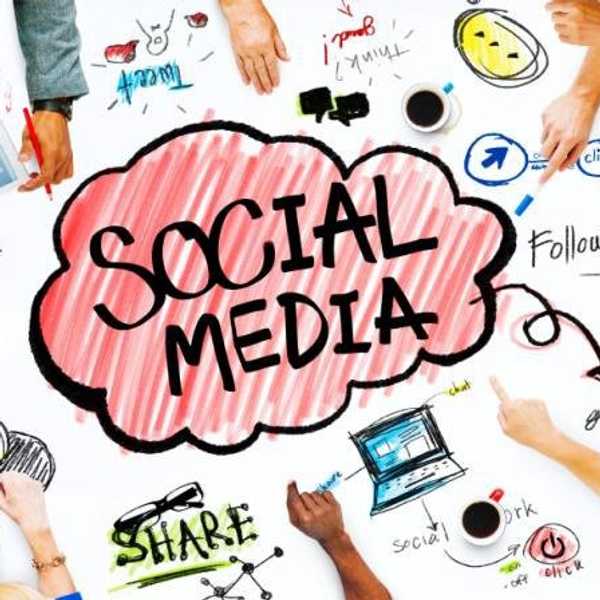Before the age of social media, as individuals, the only thing we had was our own personality to get by in the world and actually had to socialize with people to fill that basic need of communication. Today, it’s much different because the ways we act in real life versus the ways we act online are often two very different things. This is a problem because what we see online is mostly artificial. While social media is supposed to be about being able to connect with more people, in reality, it’s only driving us further apart. Online we strive to put our best face forward, we are simply stuck living with a fake reality centered on the idea of status that the more “friends,” likes, comments, the better. On Instagram, we hide behind these picture perfect screens some people try so hard to create for themselves, and it’s just used as a way to try to impress people solely by only showing off appearances, or our brunch, what we’re doing, and observing how everyone else matches up.
But out of these large groups of social ties we create for ourselves, we often end up realizing how shallow many of these relationships really are, because we’re not really getting to know many of them. When individuals consume a lot of social media, it twists our minds in a comparison type battle of competing over who has the best fake life. Before we even meet someone today, it's common for many people to go through other people’s posts and pictures on social media as a way to see what they’re like. We like and comment with hopes of getting one back; we take dozens of pictures to get as many followers as we can, we compare each other based solely on appearances, and young women often define the ultimate success on social media as being some kind of model with hundreds of thousands of followers who’s actually probably miserable giving in to fund some rich corporation’s promotion scheme based nearly entirely on Americanized white beauty. Look at Pinterest; users set themselves up for envisioning picture perfect future lives with extravagant homes and weddings, a contributing factor in a survey from Today News about "Pinterest Stress" which shows a causal effect in depression for nearly half of Pinterest user moms.
It's especially concerning because we know enough to acknowledge that it's a problem, and can breed many insecurities, feelings of failure, and stress, but we're not doing much to solve it. In fact, we seem to encourage it as much as possible, especially regarding advertising, promotions, and sales - all kinds of businesses are learning to run their social media, and it viewed as a way to reach a wide range of people by a profit centered focus. But through all the success, we forget about what it's like on the other side of things, and how it's growing increasingly easy to get there every day. We become so fake with one another that it’s hard to distinguish who’s real and who’s not.





















